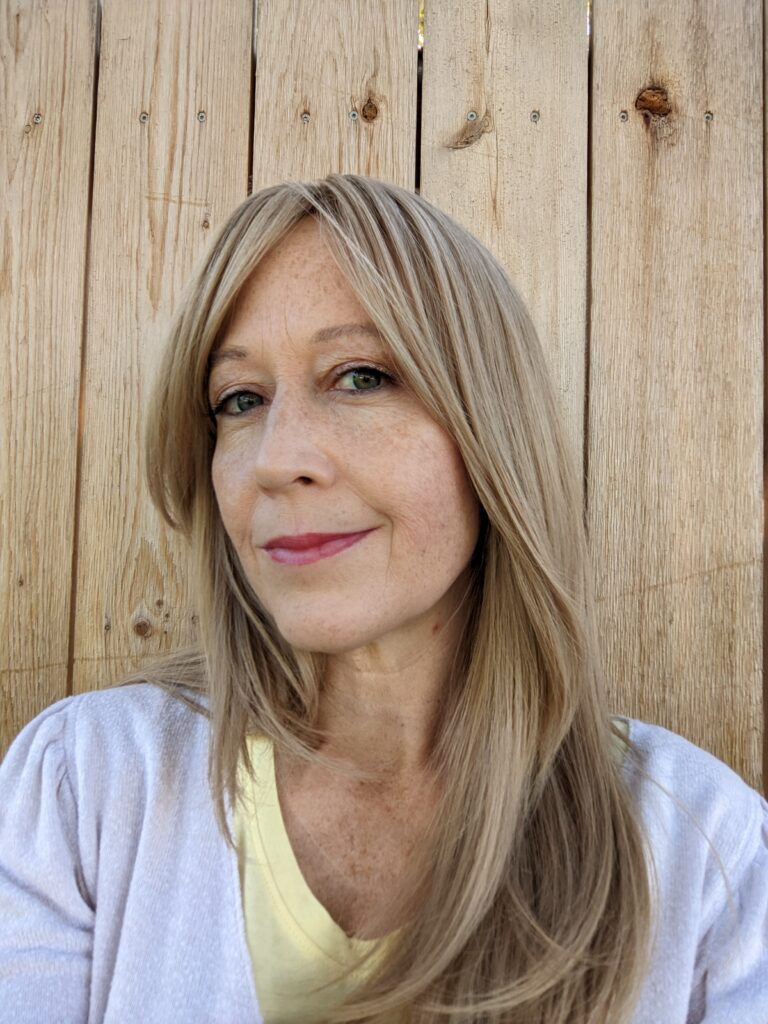I have worked so hard over the past few months. I have given a lot of myself to the world and gotten very little in return. I feel like a failure. I fail a lot, actually. And no matter what it seems like on the outside, the inside of my life is full of debt, doubt, illness, and grief. I have a great life, don’t get me wrong. But there are a lot of things that I wish I could change about myself.
As I was sitting in the back yard in October, crying and wishing to be different, I felt a sense of calm. I imagined Jesus sitting beside me and looking at my peach tree with me.
Now, I have worked hard to make that peach tree be alive. I grew this little tree from a peach that I ate 5 years ago. I prepared the seed and planted it when everyone told me it wouldn’t grow. I have fed it and watered it. I have protected it for years before I felt comfortable putting it out in soil (after we had bought a home I thought we wouldn’t move away from). I treated its bark when it had a disease. I sprayed its leaves to keep the aphids away. And I truly was joyful when I saw its first flowers. I was ecstatic when I saw its first fruit.
God said, “I love you like you love this tree.”
Me: I don’t know what that means.
“When I planted your seed in the ground, I knew what kind of tree you would become,” He said. “The tree doesn’t compare itself to other trees. By wishing it, it cannot grow faster than it has been designed to. It can only be, because that is what I planted it here to do. And its only job is to flourish. Be nourished, feel its roots in the ground and the breeze in its leaves, and to grow a new leaf or two each day.”
The truth of this dawned on me. Whatever my flaws and faults (and I have plenty, believe me), God knew them when he planted me on this planet. And he still wanted me to grow to be exactly what I am. Crazy and idealistic. Sad and self-indulgent. Mercurial and ungrateful. Funny and smart. As stupid as it would be for me to say, “This little peach tree is doing a terrible job being a tree,” God was saying that it made no sense for me to say how bad of a Willow I was turning out to be.
This was a lot of good advice. But I had a hard time with it.
It’s hard to focus on nourishing yourself when there are so many people and things requiring your attention, time and energy. I still had so much to do, and the only person who could do it all was me. I had books to get out, my own novel to edit. Graphic designers to manage, tweets to send. All of this external garbage that meant I was growing my leaves out, but feeling exhausted every step of the way.
I found myself asking the same questions a month later: Why am I this way? Why can’t I be different? How can I be the kind of person who is just kind and low-stress and doesn’t constantly bite off more than she can chew?
In my mind’s eye, I saw a different tree—a beautiful maple tree in the throes of fall. It was so red, it looked like it was on fire. Jesus was there, touching a leaf, as if to show it to me. “What do you see?” He asked.
“It’s a tree in the fall,” I said. “About ready to lose its leaves.”
“Do you think that it hurts the tree?” He asked me.
It was a concept I had never thought about. “No?” I answered, unsure. “I don’t know. Does it?”
He nodded his head. “Yes. It hurts the tree to lose its leaves. It has spent so much of the year nourishing these leaves. Now, it must turn inward and bring all of its energy back inside itself. The leaves must fall away so that the tree can focus on preparing for growth in the spring.”
I saw the tree losing its leaves, all the beautiful reds turning to browns and then falling to the ground. One leaf held on, refusing to fall.
“This one holds on so tightly,” Jesus said, “because it doesn’t understand its place in the growth of the tree.”
Then I understood: there is a time for me to grow and produce these outward appendages of growth. In the spring and summer months in our lives, we create foliage that people can see—external elements that make us seem beautiful or desirable. They are markers of growth, perhaps, and it is valuable for us to stretch regularly those muscles that develop observable skills.
But there are other times in which we need to pull inward and focus on the work of protecting ourselves from the cold seasons of life. We need to recalibrate, conserve our energy, and do the internal work that is necessary for lasting and strengthening change on a spiritual level.
That transition between external focus and internal focus can be challenging, because it requires a change of focus. From the outside, the tree without leaves looks ugly or even dead. It provides no benefit for the external world—no shade, no fruit. From the tree’s perspective, there is a sense of loss of these things, as well. What is the tree’s value if not to provide for others.
And yet, this is a part of the tree’s purpose. This is the designated course for it to take. There must be, periodically, moments in which the focus turns internal as a means to strengthen and prepare for another season of growth.
As my husband so eloquently put it: “It’s time to sharpen the axe. You can’t cut anything with a dull blade.”
But, consistently, we have parts of ourselves that don’t want to make this transition. Habits, attitudes, and other leaves that refuse to fall off. They cling to us (or we to them) because we don’t understand their place in the process of transition. These habits are no longer viable or valuable. They are dead and will no longer bring our core the spiritual nutrients that they have in the past.
We must focus inward, reflect, and prepare for a new season of growth.
Finally, Jesus said, “Look again.”
I saw the leaves falling, and I realized what I had been missing. As beautiful as the little peach tree had been, just being, the maple tree was just as lovely (if not more so) in the process of its transition.
As horrible as it feels to grow and recognize those traits and qualities that no longer serve us, to God it is a beautiful explosion of color. As we allow those dead, externally-driven elements of our personalities to fall to the ground, it makes us beautiful, strong, and prepared for the coming seasons in our lives.


